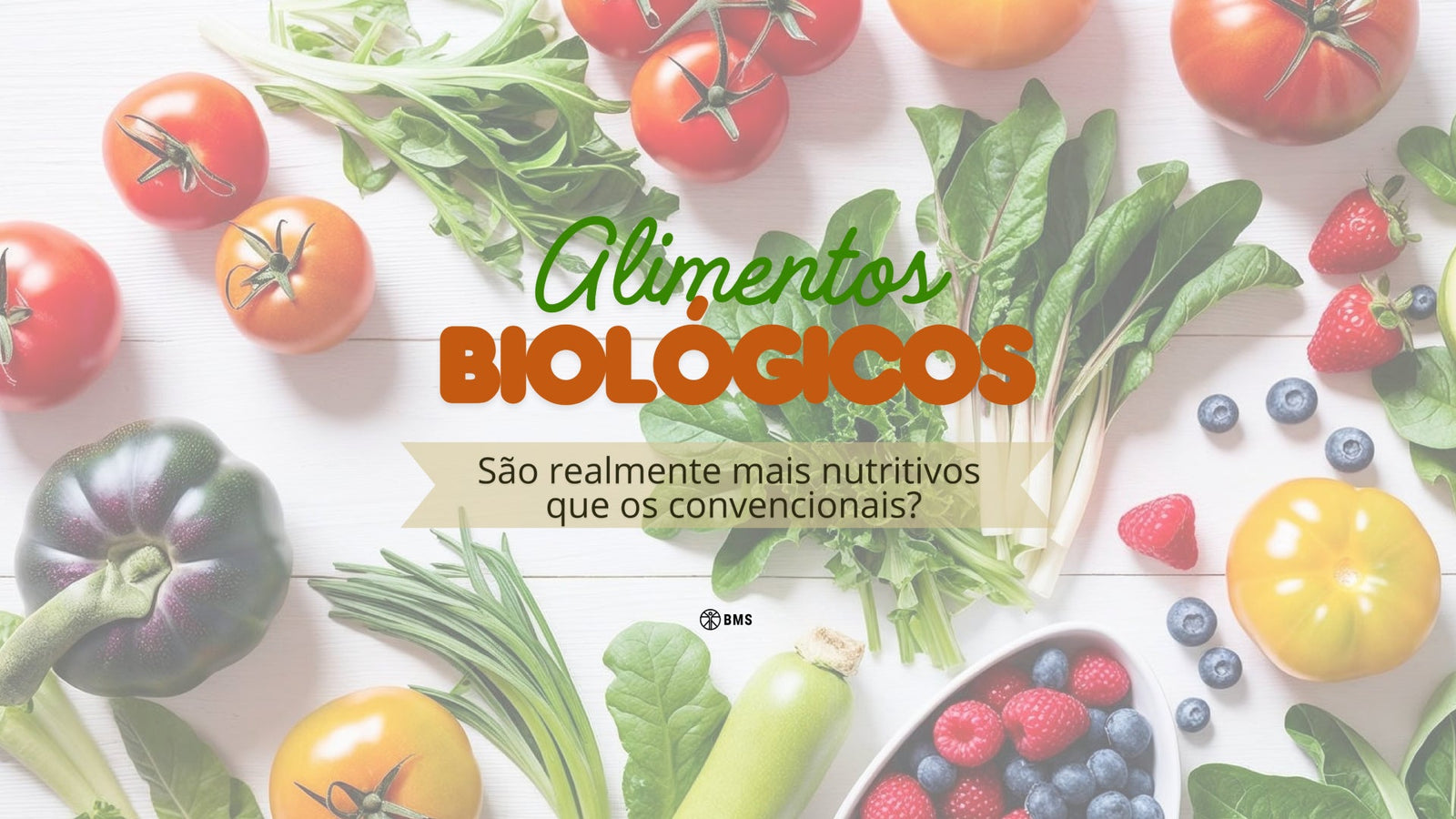In recent years, we have seen a growing appreciation for organic foods. Whether it is due to concerns about pesticides, the search for a more "natural" diet or environmental convictions, the truth is that many consumers believe that organic products are healthier and more nutritious than conventional ones. But is this perception true?
A recent study published in the scientific journal Heliyon (2024) sought to answer exactly this question. The research systematically analyzed 147 scientific studies over the last three decades, involving almost 1800 laboratory samples of fruits, vegetables and other foods.
What does science say?
Researchers compared 23 nutrients (such as vitamin C, iron, potassium and protein) and 9 types of residues , including nitrates and heavy metals , between organically and conventionally produced foods.
The results? There is no clear superiority of either organic or conventional foods. Here are some key points:
• In only 29% of the analyses were significant differences found between the two types of production.
• Another 29% presented contradictory results between different studies.
• And in 41% of cases, there was no significant difference.
In other words, most of the foods analyzed did not show clear nutritional advantages of one system over the other.
Specific cases: vitamin C, lycopene and heavy metals
• Vitamin C was one of the few nutrients with a clear advantage for organic foods: 85.7% of the organic samples had a higher content.
• On the other hand, compounds such as lycopene and β-carotene (important antioxidants) were higher in conventional foods.
• As for residues, conventional foods had a higher presence of nitrates and heavy metals. However, high levels of aluminum and nitrate were also found in some organic products, which demystifies the idea that they are “chemical-free”.
Conclusion: more nuance, less myths
What this study shows us is simple: the nutritional quality of a food does not depend solely on whether it is organic or conventional. The type of soil, the season, the producer and even the harvesting method can all influence the final result.
It is true that organic foods can have advantages in terms of sustainability and reduced use of pesticides. But from a nutritional point of view, it is not possible to generalize. Each food must be analyzed on a case-by-case basis.
So what should we choose?
More than worrying about the “organic” or “conventional” label, the important thing is to make conscious choices:
• Prefer fresh, local and minimally processed foods.
• Vary your diet and include fruits and vegetables every day.
• Know the origin of food and the production methods used.
• And, of course, don’t fall for myths or trends without scientific basis.
Rui Lopes
BMS Nutritionists
de, Thaise, et al. “Are Organics More Nutritious than Conventional Foods? A Comprehensive Systematic Review.” Heliyon, vol. 10, no. 7, 1 Mar. 2024, pp. e28288–e28288, https://doi.org/10.1016/j.heliyon.2024.e28288.

